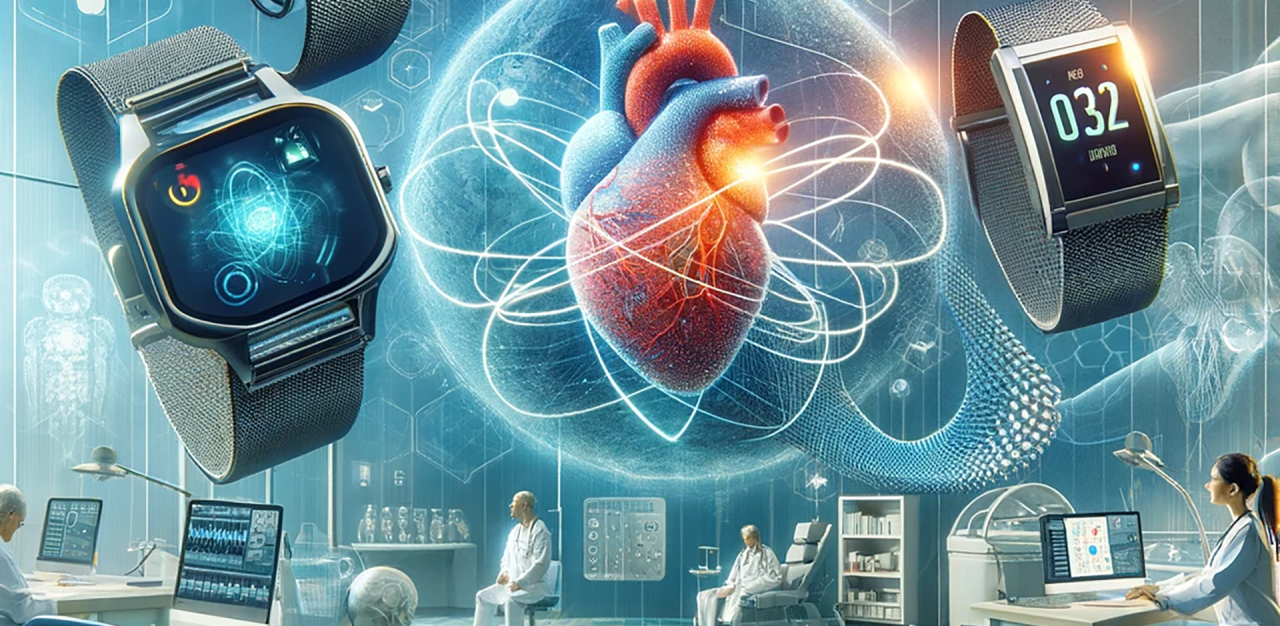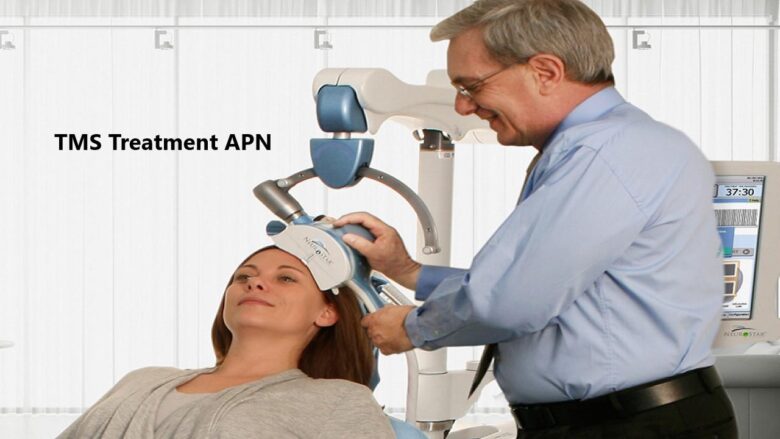
In an age where technology permeates nearly every aspect of our lives, wearable health technology has emerged as a powerful tool in the realm of preventive medicine. These devices, ranging from fitness trackers and smartwatches to health monitoring patches and wearable biosensors, offer individuals the ability to monitor their health in real-time, track key metrics, and make informed decisions to improve their overall well-being. This article explores the multifaceted role of wearable health technology in preventive medicine, examining its impact on individuals, healthcare providers, and the broader healthcare system.
Empowering Individuals for Health Self-Management
One of the key benefits of wearable health technology is its ability to empower individuals to take an active role in managing their health and wellness. By providing continuous, real-time feedback on various health parameters such as heart rate, sleep quality, physical activity, and stress levels, these devices enable users to gain insights into their lifestyle habits and make informed decisions to improve their health.
For example, fitness trackers can monitor daily activity levels and provide personalized recommendations for increasing physical activity or setting achievable fitness goals. Similarly, smartwatches equipped with heart rate monitors and sleep trackers can help users identify patterns of poor sleep or stress and take steps to improve their sleep hygiene or practice relaxation techniques.
Early Detection and Intervention
Another critical role of wearable health technology is in early detection and intervention for potential health issues. By continuously monitoring vital signs and physiological parameters, these devices can detect subtle changes in health status that may indicate the onset of a medical condition or exacerbation of an existing one.
For instance, wearable biosensors capable of monitoring glucose levels in individuals with diabetes can provide early warnings of hypoglycemia or hyperglycemia, allowing for timely intervention to prevent complications. Similarly, wearable ECG monitors can detect abnormal heart rhythms or signs of arrhythmias, prompting users to seek medical attention and potentially prevent serious cardiac events.
Personalized Preventive Interventions
Wearable health technology also facilitates personalized preventive interventions tailored to individual health needs and preferences. By leveraging data analytics and machine learning algorithms, these devices can analyze vast amounts of health data collected over time and generate personalized insights and recommendations for improving health outcomes.
For example, wearable devices equipped with advanced activity trackers and nutrition sensors can analyze users’ dietary habits and physical activity levels to provide personalized recommendations for maintaining a healthy weight or managing chronic conditions such as obesity or hypertension. Similarly, wearable stress monitors can detect signs of stress or anxiety and recommend relaxation techniques or mindfulness exercises to promote mental well-being.
Enhancing Patient-Provider Communication and Collaboration
Wearable health technology has the potential to transform the patient-provider relationship by facilitating seamless communication and collaboration between individuals and healthcare providers. Through integrated mobile apps and cloud-based platforms, users can securely share their health data with their healthcare team, enabling providers to monitor patients remotely, track progress, and intervene when necessary.
For example, patients with chronic conditions such as hypertension or heart failure can use wearable health monitors to track their vital signs and transmit data to their healthcare provider in real-time. Providers can then review the data, adjust treatment plans as needed, and provide timely feedback or intervention to prevent complications or hospitalizations.
Challenges and Considerations
While wearable health technology holds tremendous promise for preventive medicine, there are several challenges and considerations that must be addressed to realize its full potential. Privacy and security concerns, such as the protection of personal health data and adherence to regulatory requirements such as HIPAA, must be carefully addressed to ensure the confidentiality and integrity of users’ health information.
Moreover, disparities in access to wearable health technology and digital literacy may exacerbate existing health inequalities, particularly among vulnerable populations. Efforts to promote equity in access to technology and provide education and support for users from diverse backgrounds are essential to ensure that everyone can benefit from the potential of wearable health technology.
Conclusion
Wearable health technology is revolutionizing preventive medicine by empowering individuals to take control of their health, detect early signs of illness, and engage in personalized preventive interventions. By providing continuous monitoring, real-time feedback, and personalized insights, these devices have the potential to improve health outcomes, reduce healthcare costs, and enhance the overall well-being of individuals. As technology continues to evolve and new innovations emerge, wearable health technology will play an increasingly important role in shaping the future of preventive medicine and empowering individuals to lead healthier lives.


